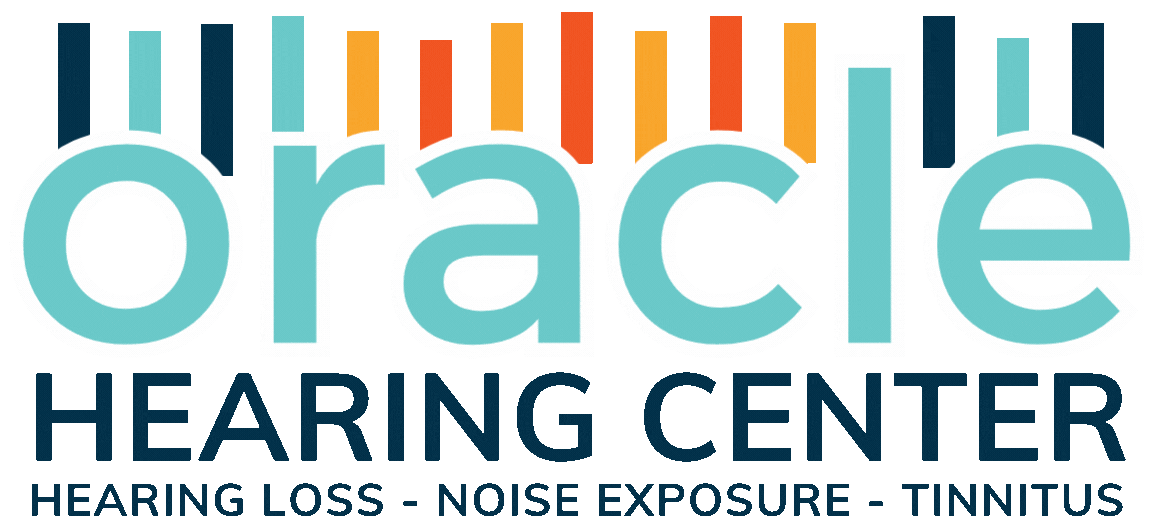Vertigo is characterized by a feeling of spinning, dizziness, or unsteadiness, affecting many people all over the world. Many individuals who experience vertigo are noted to have hearing disorders as well.
In this blog, we’ll talk about vertigo, its causes, symptoms, and its connection to hearing disorders.
What is vertigo?
Vertigo is caused by a problem with the vestibular system, which is responsible for maintaining the body’s balance and spatial orientation. The vestibular system is found in the inner ear, which is the main reason why vertigo is often linked to hearing disorders.
What are the causes of vertigo?
Vertigo can be caused by various factors and underlying conditions such as:
- Benign paroxysmal positional vertigo (BPPV): BPPV is the most common cause of vertigo. It occurs when tiny calcium crystals in the inner ear are dislodged and enter the ear canal.
- Meniere’s disease: This condition affects the inner ear and can cause dizzy spells (vertigo), tinnitus, and hearing loss.
- Vestibular neuritis: The vestibular nerve connects the inner ear to the brain. When the vestibular nerve gets inflamed, it can trigger a sudden onset of vertigo.
- Labyrinthitis: This is commonly caused by a virus or bacteria. Having a flu or cold can trigger the condition. In rare cases, an ear infection may cause labyrinthitis. Allergies or ototoxic medicines may also be the cause.
- Acoustic neuroma: A growth or tumor that develops on the vestibular nerve may cause vertigo and hearing loss.
What are the symptoms of vertigo?
Vertigo symptoms may vary per individual, but they often include:
- Loss of balance
- Dizziness or spinning sensation
- Vomiting or nausea
- Unsteadiness
- Unstable gait
- Blurred vision
- Ringing in the ears (tinnitus)
- Sweating
How is vertigo related to hearing disorders?
The vestibular system and the auditory system are closely connected, which explains why many people who experience vertigo also suffer from hearing disorders.
The inner ear contains two types of sensory cells: vestibular cells, which are responsible for balance, and hair cells, which are responsible for hearing. When one of these systems experiences a problem, it can impact the other.
If you experience vertigo, hearing loss, or other balance problems, it is recommended to seek medical attention right away to determine the underlying cause and receive appropriate treatment.
Why should vertigo be addressed?
Vertigo can greatly impact an individual’s quality of life and overall health. Addressing it promptly can help provide relief for uncomfortable symptoms and prevent further complications.
Below are some risks of untreated vertigo:
- Reduced mobility and independence: Severe vertigo can limit an individual’s ability to perform daily activities, resulting in reduced mobility and independence.
- Falls and injuries: Vertigo can affect one’s ability to maintain balance and coordination. This increases a person’s risk of falls and injuries.
- Anxiety and depression: Dealing with vertigo on a daily basis can be stressful and exhausting. If this condition remains unaddressed, it could lead to anxiety and depression.
- Delayed treatment or misdiagnosis: The thing about vertigo is that it can be a symptom of various underlying health conditions. If you don’t seek medical attention, a misdiagnosis or delayed treatment could worsen the underlying condition and cause more damage.
If you experience vertigo, hearing loss, or other balance problems, please consult an audiologist or a healthcare professional who specializes in balance disorders. An audiologist can perform a comprehensive evaluation of your hearing and balance systems, determine the underlying cause of your vertigo, recommend treatment options, or refer you to another specialist for further evaluation and treatment.
Treatment for vertigo may include vestibular rehabilitation therapy, medications, or surgical procedures. The goal of vertigo treatment is to lessen the intensity of the symptoms, improve balance and coordination, and prevent accidents related to falls and injuries.
Audiologists in Lawrenceville, NJ
Oracle Hearing Center can connect you with expert audiologists in Lawrenceville, NJ.
Contact us today to book an appointment!
